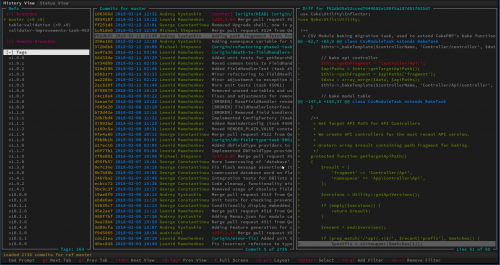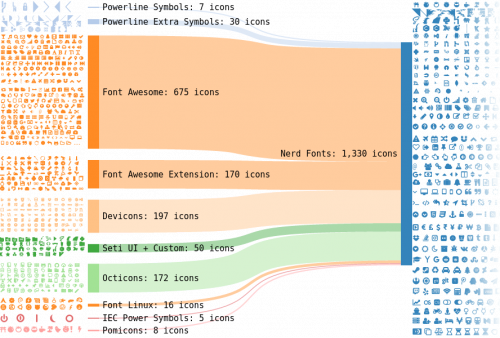Anybody working with git is probably well familiar with the way to undo the non-committed changes:
git reset --hard
As useful as the above command is, it still leaves some room for improvement. The above command will only undo non-committed changes on the files that git is tracking. Often, this would leave a whole bunch of files and directories in place, which are not tracked by git. So far, I’ve been using a really complicated approach for removing them, which involves git status, grep, cut, xargs, and rm. Yuck.
Turns out there is a better way, which I found in “Stupid git tricks” article:
git clean -df .
This one will forcefully remove all untracked files and directories from the current directory. Combining these two commands together results in all non-committed changes being undone, no matter if they are on tracked files or not. Cool!

